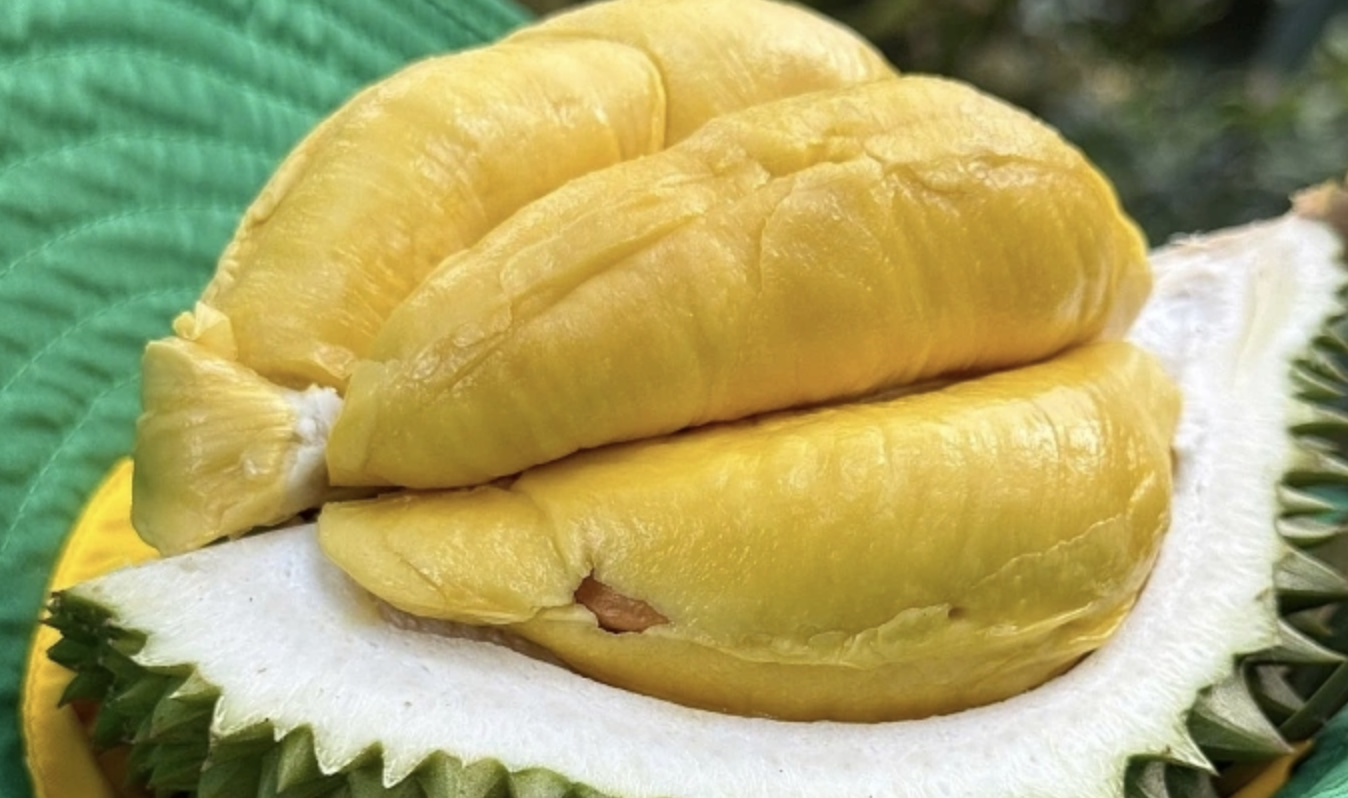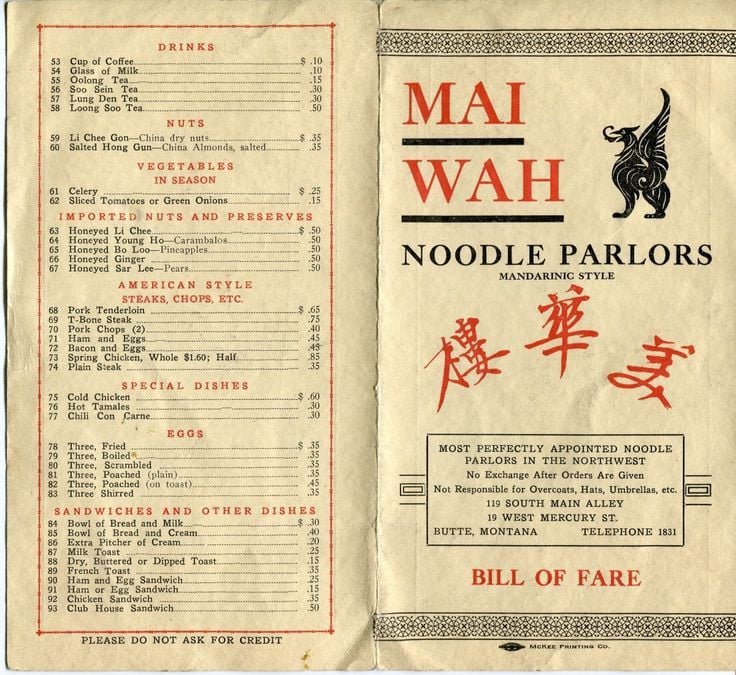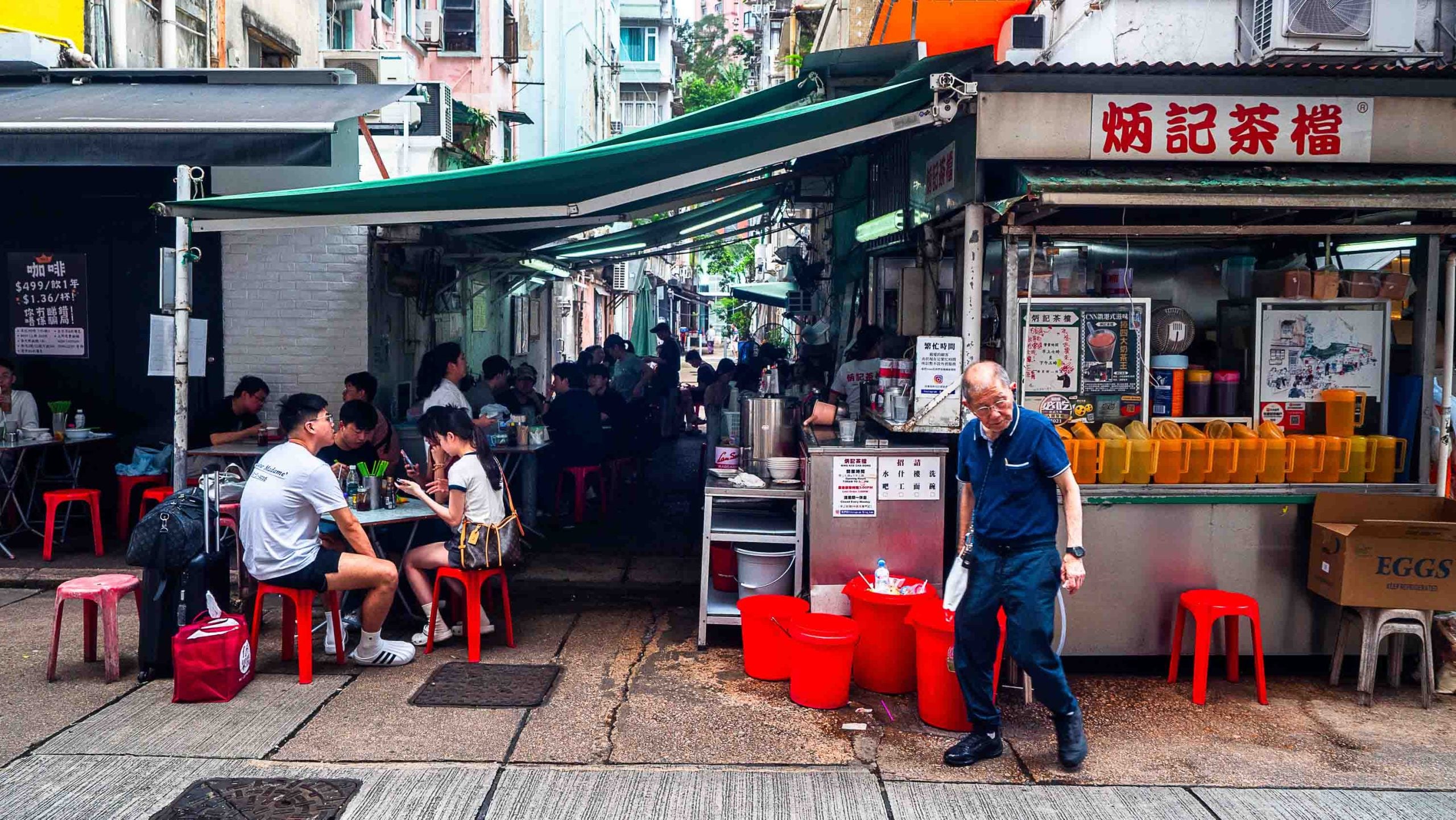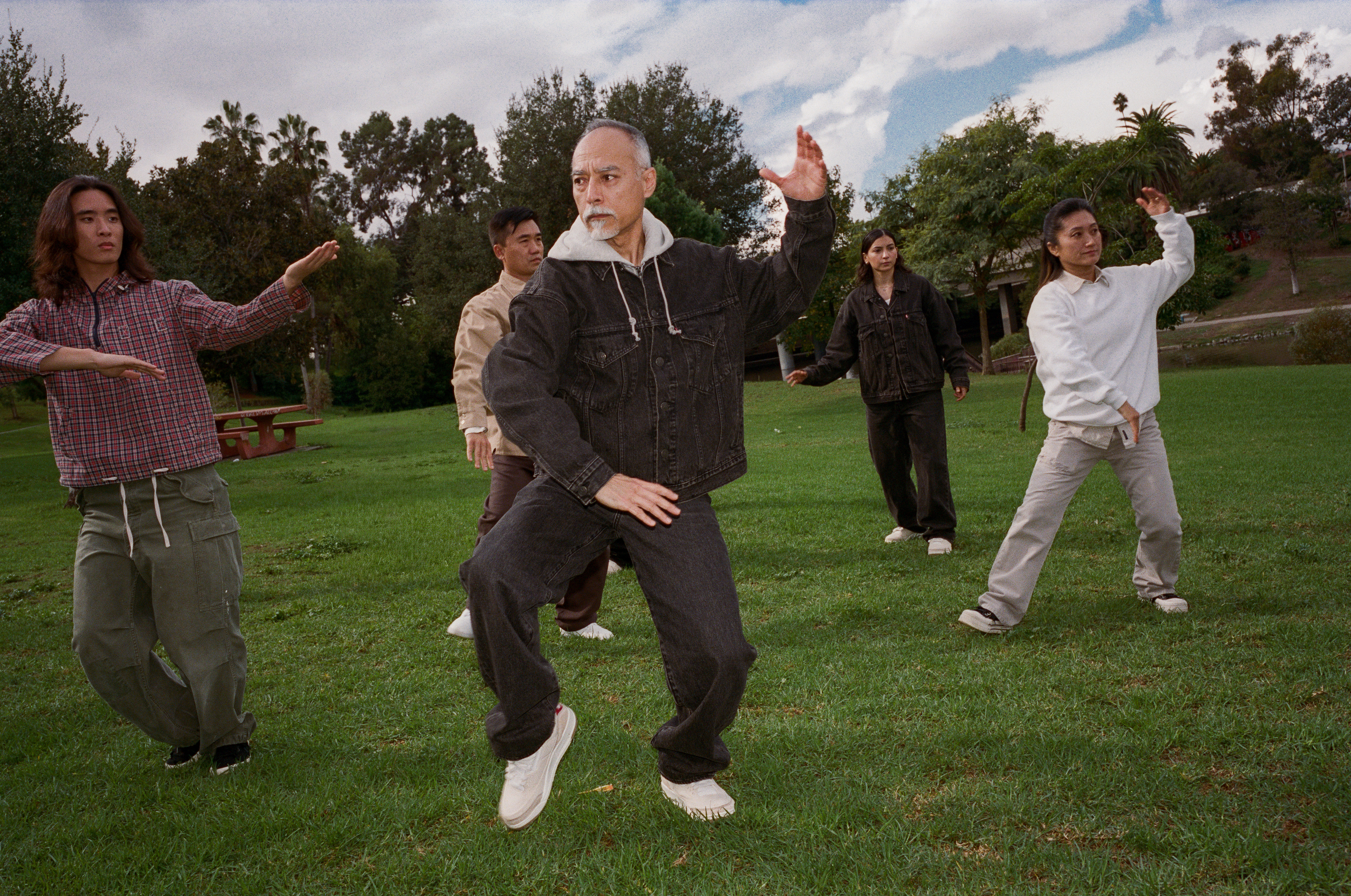Recently, Chinese social media platforms have been sizzling with discussions about ‘Zibo barbecue,’ named after its place of origin, Zibo, a small industrial city in East China’s Shandong province.
Mouth-watering images depicting a typical Zibo-style barbecue, which consists of well-seasoned meat skewers and scallions wrapped in a pancake, have dominated Weibo and Xiaohognshu, Chinese platforms similar to Twitter and Instagram, with a related hashtag garnering more than 113 million views at the time of writing.

Zibo was hardly on anyone’s travel bucket list before its recent virality. But thanks to a group of college students who documented their Zibo barbecue trip on Douyin, China’s version of TikTok, the city’s delicious and affordable barbecue started to generate hype on the internet.
The quiet city that used to be known for its ceramics manufacturing is now seeing a huge influx of tourists, mostly young people looking to experience the area’s succulent-looking edibles for themselves.
The local government has jumped at the opportunity to capitalize on the city’s newfound fame and nurse its tourism potential.
Must-go restaurant maps were drawn up, and barbecue-themed high-speed train services and special bus routes were established to make the small city more accessible to tourists from all over the country.
The city’s other attractions, such as the Haidai building, a beautifully designed bookstore, also gained popularity thanks to visitors who want to make the most of their Zibo trip.

There are also reports of a Zibo Barbecue Festival in the works.
The city’s virality comes at the perfect time when many are planning vacations for China’s five-day Labor Day holiday starting April 29. According to data from Meituan, a food delivery and hotel booking app in China, accommodation bookings in Zibo have increased by 800% compared to 2019.
Since the loosening of travel restrictions during the pandemic era, domestic tourism in the country has been on the rise.
Hello, the pandemic is over. One of the cities in China that is going absolutely viral for its local party and bbq culture right now is Zibo, a former industrial town that just saw a 800% increase in bookings. https://t.co/atk7aTRDo6 pic.twitter.com/Vy7ZlodPBO
— Manya Koetse (@manyapan) April 15, 2023
Zibo is one of many Chinese cities that have become a tourist hotspot with the help of social media. Earlier this year, the popular C-Drama The Knockout made the humble city of Jiangmen in Southern China’s Guangdong province an internet sensation as it bore a resemblance to the drama’s setting.
The power of social media to boost a city’s tourism potential is not lost on Chinese netizens. Zibo’s sudden rise inspired the hashtag ‘I speak for the specialties of my hometown’ on Weibo, China’s most popular microblogging platform.
Under the hashtag, netizens post about their cities’ unique dishes, hoping their hometown may be the next Zibo.
Cover image via Weibo


















